Rich U.S. Mainlanders Are Finding a Tax Paradise in Puerto Rico
Thanks to two obscure laws, those with the means to live there for half the year can skip out on taxes while the island struggles to rebuild after Hurricane Maria.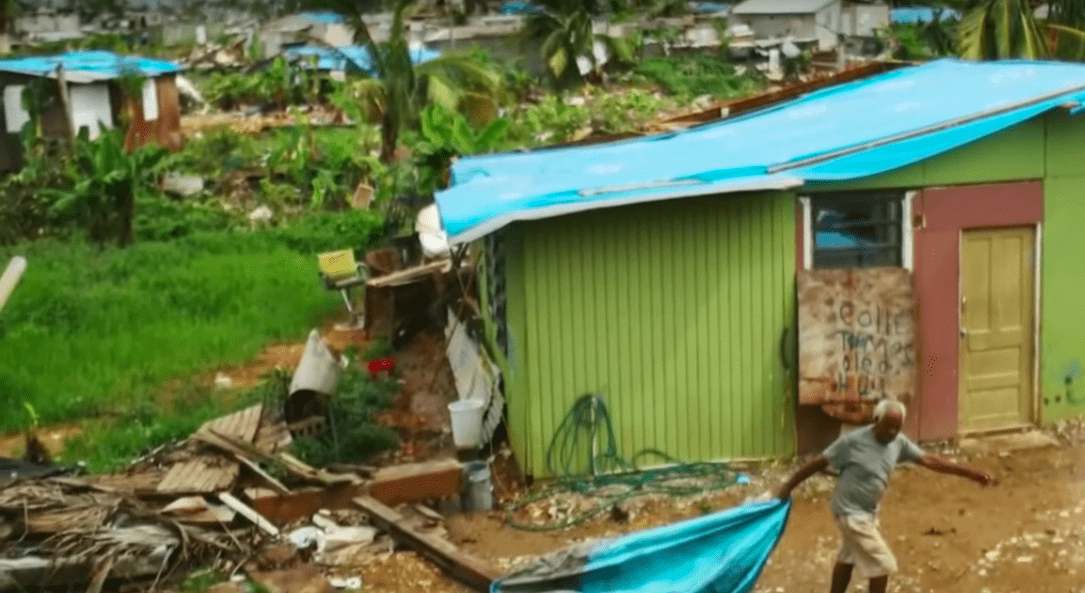 Screenshot / YouTube
Screenshot / YouTube
The official death toll from Hurricane Maria has increased to nearly 3,000 people. The storm left $90 billion in damage in its wake, and NBC reported that more than 200,000 Puerto Ricans have departed from the island. Families on smaller islands like Vieques and Culebra still have no power, and houses across Puerto Rico remain in pieces. Amid this death and destruction, which compounded the problems of an already shaky economy, Americans determined to profit from the situation can be found. In a new feature for GQ, writer Jesse Barron tells of the mainlanders who, thanks to two obscure laws, have turned the island into their own personal tax haven.
Puerto Rico passed the laws, called Acts 20 and 22, in 2012, intended to turn the island into a “global investment destination.” Act 20, GQ reports, “allows corporations that export services from the island to pay only 4 percent tax. Act 22 goes much further: It makes Puerto Rico the only place on U.S. soil where personal income, capital gains, interest and dividends are untaxed.”
About 1,500 U.S. mainlanders have taken advantage of these laws. Among them are Mark Gold, whom Barron calls the “kingpin of traffic-ticket contesting.” Gold explained his decision to move to Puerto Rico to Barron at an event called Cocktails and Compliance, where wealthy Americans sip expensive drinks and learn how to comply with the laws so they can skirt taxes:
I was looking at different tax havens … Andorra, Lichtenstein, Monaco. But the problem is, you have to give up your U.S. passport. When I heard about this, it was too good to be true. But it’s real. I live in paradise. I live at the Ritz-Carlton. I drive my golf cart to the beach club for breakfast. Then I go to my sunset yoga class on the beach.
The people who take advantage of Acts 20 and 22 are at the lower end of the ultra-rich. “They are new-money people who might not have their congressman’s cell-phone number back home,” writes Barron, “but who wield influence here in Puerto Rico.”
“Back in the States, I’m just one of 300 million voters,” James Slazas, who works for a hedge fund, is quoted as saying. “Here, I’ve already met a lot of the key players.”
The people Barron spoke to didn’t seem fazed by the laws’ requirements, which include living in Puerto Rico 183 days per year and giving up the right to vote. On that point, Harry Dent, a popular finance writer, told Barron: “I don’t give a flying [expletive]. We’ve got a civil war going on. Red versus blue.”
Some of the people interviewed tried to explain Acts 20 and 22 were actually good for the Puerto Rican economy. Rob Rill, who got rich from private equity, as defenses for Acts 20 and 22 pointed to job creation for Puerto Ricans and his own charity work with hurricane relief and rescuing dogs. “We’re trying to break the stereotype,” he said, of “a bunch of rich guys flying in on their private planes, helicoptering into their private, walled resort.” In fact, as Barron adds, “the acts together have created 12,000 new jobs, according to the government, out of a total workforce of 1.1 million.”
Perhaps most telling of the acts’ impacts is a Puerto Rican lawyer, who spoke anonymously, saying he will no longer advise clients seeking to benefit from the acts because “‘people were taking advantage.” He described a prospective Act 22 recipient as saying, “I’ll take my private jet and fly down, then I’ll take my boat and go somewhere else. They won’t know.”
Read the full article here.
Your support matters…Independent journalism is under threat and overshadowed by heavily funded mainstream media.
You can help level the playing field. Become a member.
Your tax-deductible contribution keeps us digging beneath the headlines to give you thought-provoking, investigative reporting and analysis that unearths what's really happening- without compromise.
Give today to support our courageous, independent journalists.
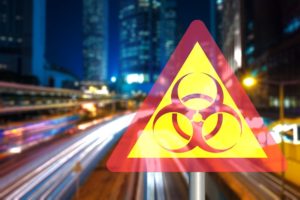

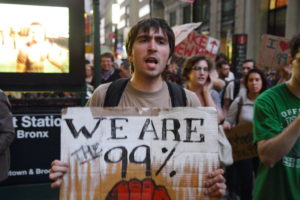
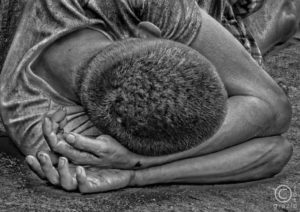
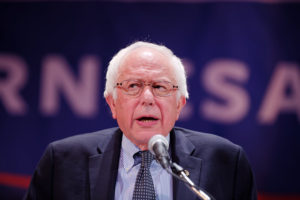
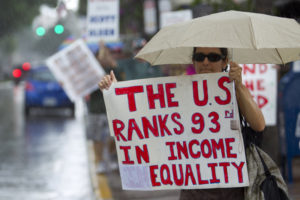
You need to be a supporter to comment.
There are currently no responses to this article.
Be the first to respond.